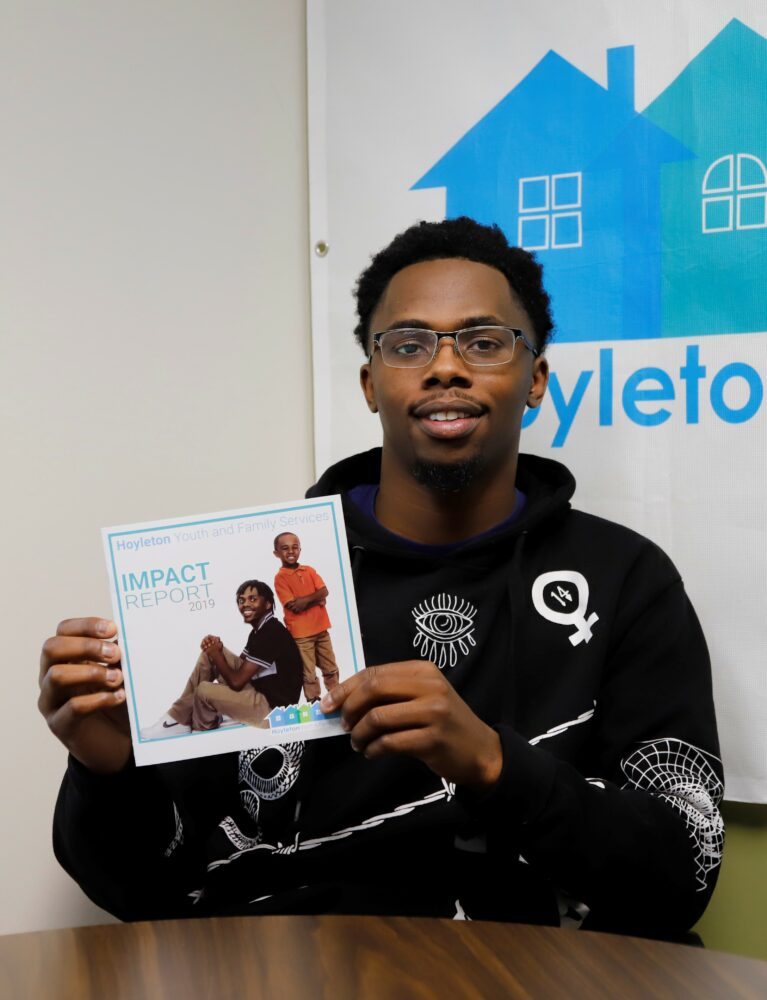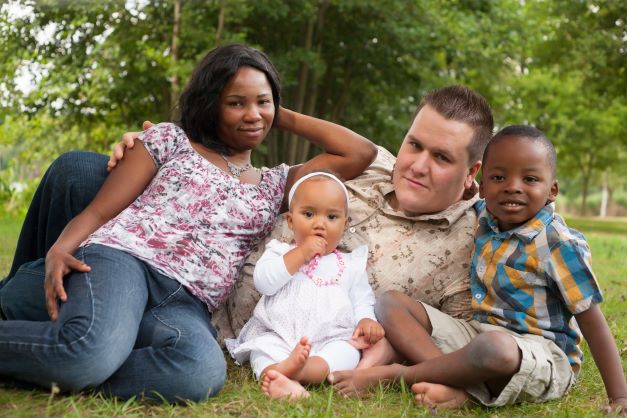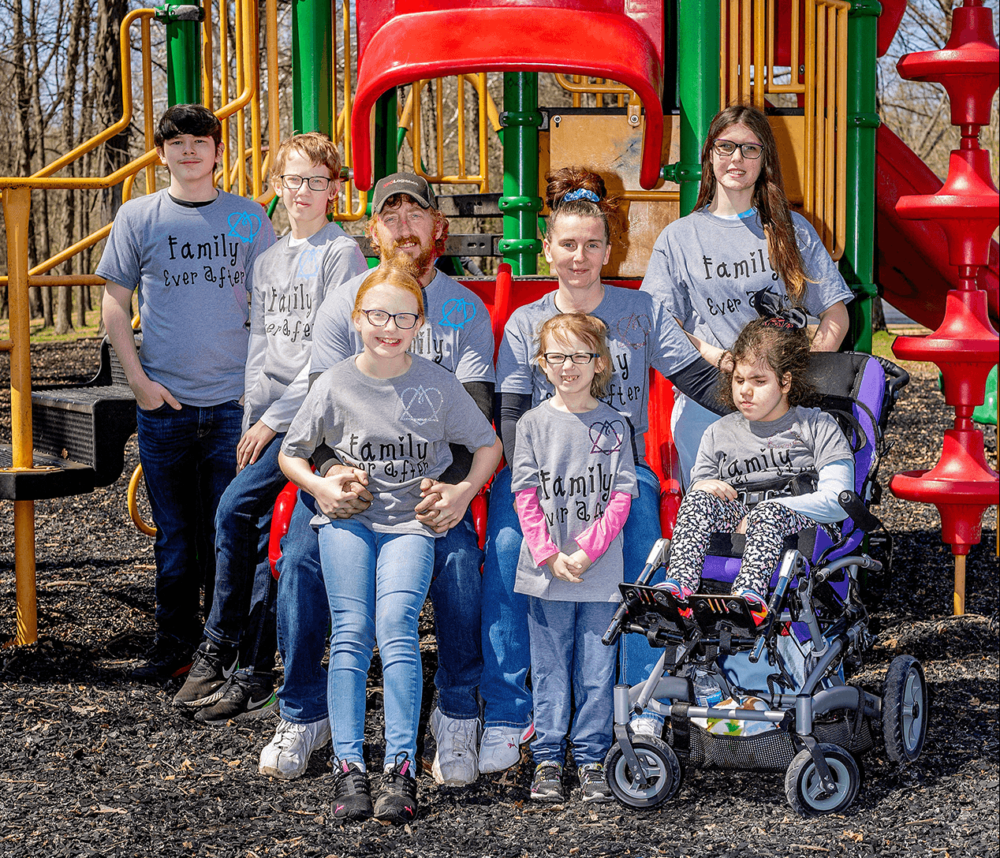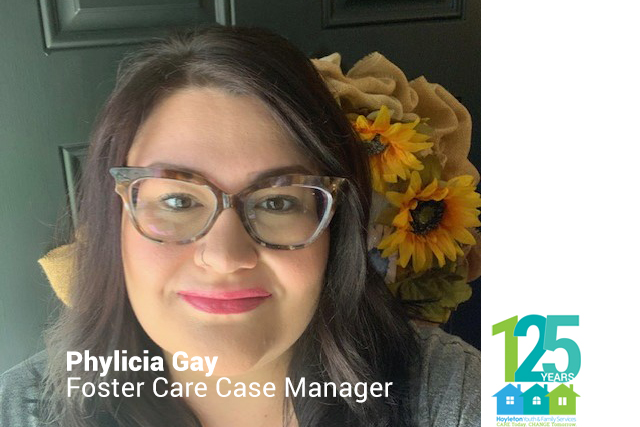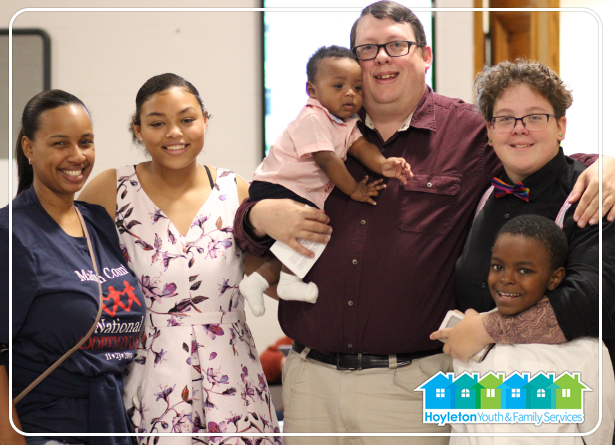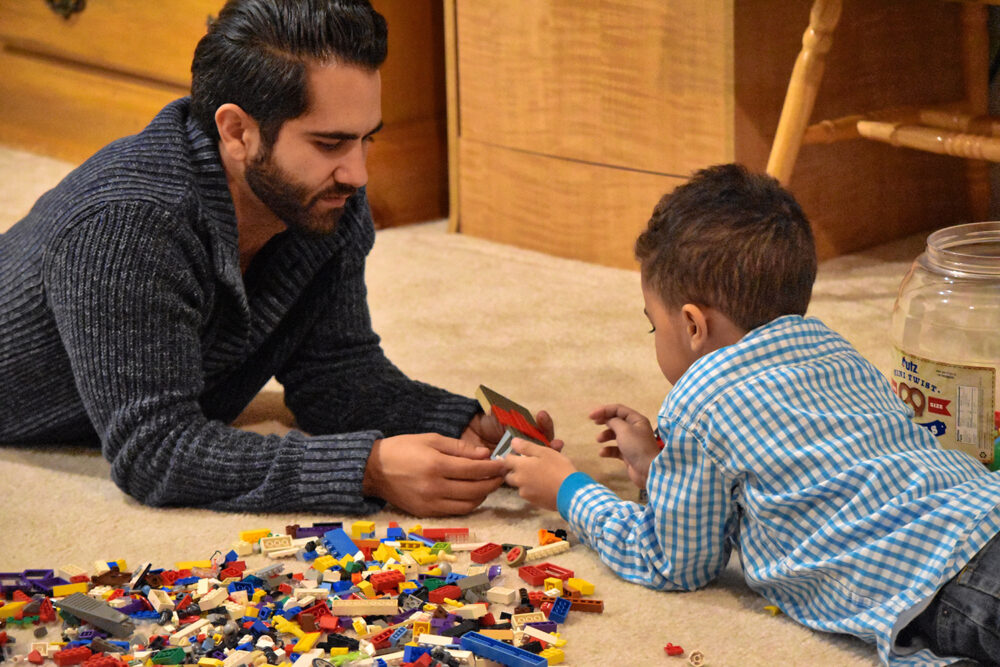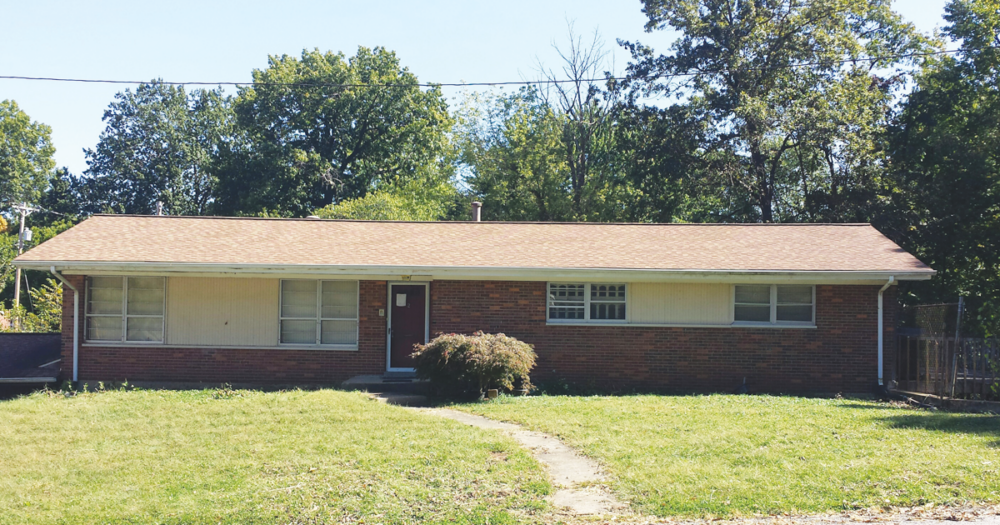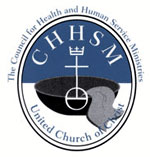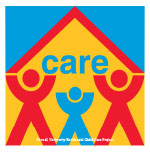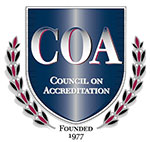Therapeutic Residential Home | Caring for Hoyleton's Youth
DATE: November 22, 2019
“Home is where love resides, memories are created, friends always belong, and laughter never ends.” What makes a house a home? Is it the structure—a roof, four walls, windows, and a door? Or, is it the individuals who live within those walls creating memories together, and sharing the messiness and memories of life? The reality […]
READ MORE